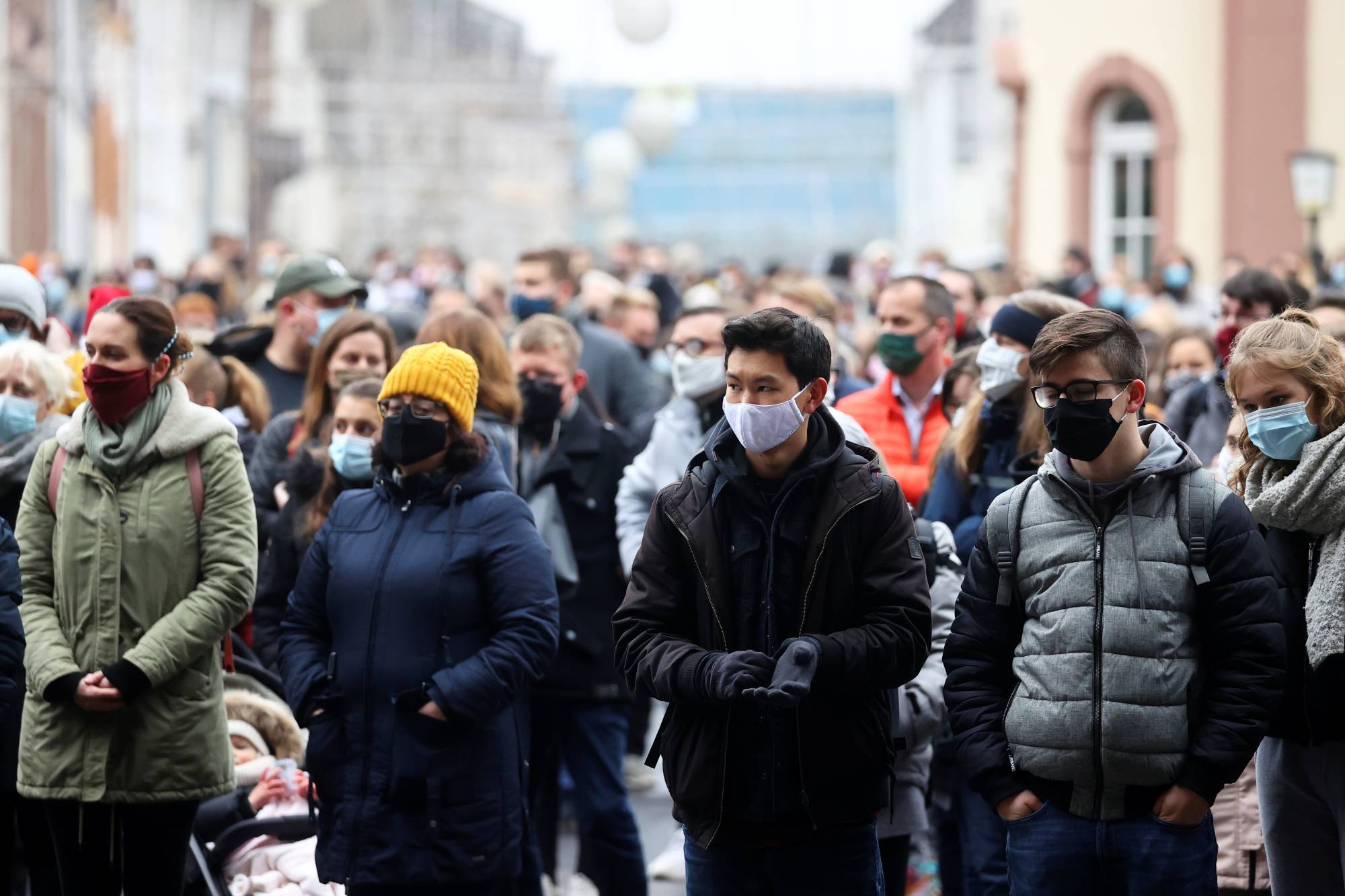Our geological epoch, the Anthropocene, in which mankind is shaping the fate of the planet, is characterized by existential threats. Some are addressed in action plans such as the U.N.’s Sustainable Development Goals. But we seem to be caught between knowing that we should change our behavior and our entrenched habits.
In an overpopulated world, many have asked, “What is the value of human life?” The COVID-19 pandemic has raised this issue once more, framing the question in stark terms: Who should die first if there are not enough resources to save everyone?
Many science-fiction novels, such as Frank Schatzing’s "The Tyranny of the Butterfly," deal with similar concerns, often “solving” the sustainable-development problem in cruel ways that echo some of the darkest chapters in human history. And reality is not far behind. It is tempting to think we can rely on artificial intelligence to help us navigate such dilemmas. The subjects of depopulation and computer-based euthanasia have been under discussion, and AI is already being used to help triage COVID-19 patients.



